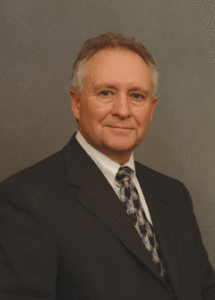The time has come to restore access to offshore energy resources

 Washington Examiner | May 3, 2017 | Randall Luthi
Washington Examiner | May 3, 2017 | Randall Luthi
As the United States, and the world, enters a long era of increased energy demand we need more than just onshore shale oil and natural gas to meet our energy needs. We will need to make the best possible use of all our resources, including an increased program of offshore leasing that will lead to greater economic strength. President Trump's recent executive order designed to open more offshore areas to oil and natural gas exploration and production is a great first step.
Oil and natural gas producers can recover enough resources to serve energy needs both in the United States and abroad. In fact, the U.S. is now the world's largest producer of oil and natural gas even as carbon dioxide emissions are at 20-year lowsthanks to increased production of natural gas for electricity generation.
However, environmental activists, with their long history of indifference to basic energy needs, now threaten once again to curtail arbitrarily America's production of oil and gas by misinterpreting the Outer Continental Shelf Lands Act. They convinced former President Obama to block, in the final weeks of his term in office, access to resources in certain areas off the coast of Alaska as well as in some Atlantic coast areas.
These activists continue to generate public controversies over offshore drilling that have resulted in highly exaggerated and scientifically unfounded fears of safety and environmental harm, even though it often appears the environmental groups leading the charge are simply using emotional arguments as a device to block fossil fuel production. Among other things, activists have fostered the notion that nothing has changed since the Deepwater Horizon accident and gulf oil spill seven years ago – a charge that is patently false.
Since the accident, the oil and gas industry, in cooperation with the government, has worked hard to enhance an already strong safety culture. For example, oil and gas companies established the Center for Offshore Safety, which works with the regulatory community to make sure that the latest advances in safety technologies and practices are shared throughout the industry. New oil-spill containment and gathering systems stand ready to deploy at a moment's notice in the event of a future accident, and coordination between public and private entities has been greatly improved.
Read the full op-ed here.
Randall Luthi is the president of NOIA.

